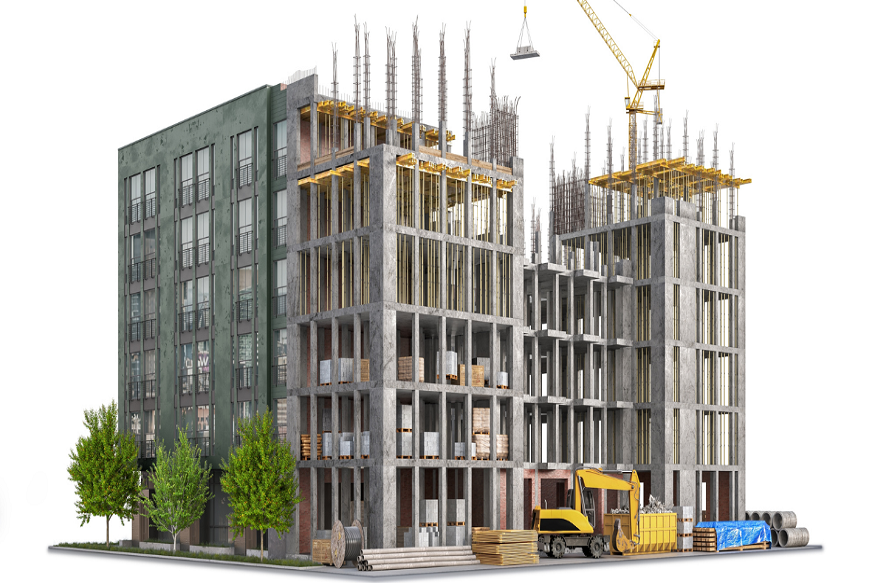Dubai’s property market has long been a magnet for global investors. The city’s mix of modern living, tax advantages, and high rental yields makes it stand out against many other international markets. In 2025, one of the strongest trends in the market is the rise in interest towards properties purchased before completion. Buyers are increasingly drawn to flexible payment structures and the promise of long-term capital appreciation.
Yet, while the opportunity may seem attractive, the decision to invest in off-plan homes should be guided by careful analysis. Market cycles, developer reputation, and project timelines all play a significant role. The question many investors ask is not just whether prices will rise, but whether such purchases are truly sustainable and aligned with their financial goals.
Why Investors Are Considering Off-Plan in 2025
One of the most notable features of today’s market is the sheer variety of off plan properties in dubai available. Developers are competing with ambitious projects that range from affordable apartments to ultra-luxury penthouses. With payment plans spread across construction phases, buyers can enter the market without the heavy upfront costs often associated with completed units.
The appeal is also linked to Dubai’s ongoing expansion. The city is investing heavily in new districts, transport networks, and lifestyle hubs. Many of the latest off-plan launches are strategically located near future metro extensions and commercial zones. This creates the possibility of securing a home at today’s prices in an area that may be worth considerably more in just a few years.
The Price Advantage and Payment Flexibility
One of the main reasons investors choose off-plan is the lower entry price compared to completed homes. Developers often launch projects with introductory offers that give early buyers significant discounts. Over the course of construction, these prices may rise as demand increases, providing instant paper gains for those who bought early.
Another advantage lies in payment flexibility. Instead of paying the full price upfront, investors can spread the cost over several installments. Some schemes even allow payments after handover, meaning owners can start renting out their property while still completing installments. This reduces financial strain and opens the market to a wider pool of buyers.
Potential Risks That Cannot Be Ignored
While the opportunities are tempting, risks exist. Project delays are one of the most common challenges. Although Dubai’s regulators have introduced stronger protections for buyers, unforeseen circumstances such as economic shifts or construction hurdles can push handover dates back. Investors should always account for the possibility of waiting longer than expected.
There is also the matter of market fluctuations. Property values can move up or down depending on wider economic trends. If the market softens by the time the project is completed, early buyers may not see the return they anticipated. Being realistic about these risks is vital to making an informed decision.
The Role of Developers and Regulation
A developer’s track record is often the strongest indicator of whether an off-plan purchase will go smoothly. Established developers with a reputation for timely delivery inspire more confidence than newer, untested names. Researching past projects, delivery times, and customer reviews can save investors from potential disappointments.
Dubai’s regulatory framework has improved significantly in recent years. The Dubai Land Department and RERA have implemented escrow systems to protect buyers’ funds, ensuring developers use payments only for the intended project. Such measures provide an added layer of security, making the off-plan route safer than it once was.
Rental Yields and Long-Term Potential
Beyond capital appreciation, investors also consider rental income. Off-plan properties are often in emerging districts that attract young professionals and new residents. Once completed, these homes can generate attractive rental yields, particularly in areas with strong transport links or proximity to business hubs.
The long-term outlook for Dubai’s rental market remains positive. Population growth, driven by government initiatives and global appeal, is expected to sustain demand for quality housing. This positions many off-plan homes as future income-generating assets rather than speculative bets.
The Impact of Dubai’s Global Appeal
Dubai continues to draw investors and residents from around the world. Its tax-free environment, modern infrastructure, and reputation as a safe, cosmopolitan city have not diminished. In fact, 2025 has seen renewed interest thanks to policy reforms and incentives that make property ownership more accessible to foreigners.
International demand also reduces the risk of oversupply. With people relocating for work, lifestyle, and retirement, there is a constant need for new housing. This global appeal underpins the confidence many buyers have when committing to an off-plan project.
Lifestyle and Community Benefits
Off-plan projects often form part of larger master-planned communities. These developments are designed with modern lifestyles in mind, offering amenities such as parks, gyms, schools, and retail areas. For buyers, this means they are not just purchasing a property, but also a lifestyle package that appeals strongly to tenants and future buyers.
In many cases, completed communities see a strong rise in value once facilities are operational. Families in particular are drawn to neighbourhoods that offer convenience and comfort in one place. For investors, this adds another layer of assurance that the property will remain attractive in the long term.
Comparing Off-Plan with Ready Homes
While off-plan purchases are popular, ready homes offer certainty. Buyers can inspect the property, move in immediately, or rent it out straight away. There is no waiting period, and the risk of delays does not exist. For investors focused on quick returns, this can be a safer option.
However, ready homes usually come with higher price tags and less favourable payment terms. They may also lack the appreciation potential that comes with buying in at an early stage. This is why many investors diversify, holding both off-plan and completed units in their portfolios.
Should You Buy Off-Plan in 2025?
The decision comes down to a balance between opportunity and caution. For those willing to research developers, study market trends, and wait patiently for completion, off-plan can be an excellent strategy. The lower entry costs and future growth potential remain highly attractive in the current climate.
However, investors who prefer immediate returns or guaranteed timelines may find completed properties more suitable. Ultimately, aligning the choice with personal financial goals and risk tolerance is the smartest way forward. The market is promising, but discipline and due diligence remain essential.

